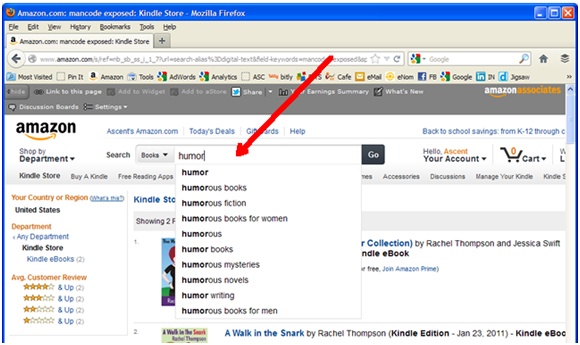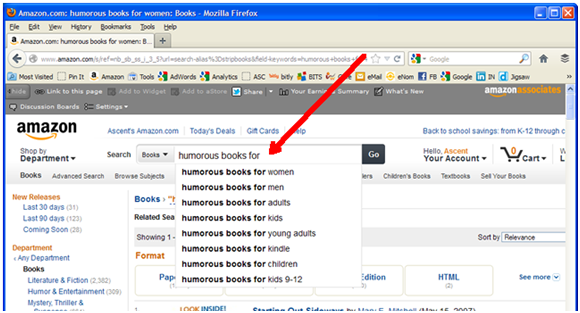Guest Expert: J.P. Thompson
So, you are thinking about an AdWords ad campaign, are you?
Let me begin.
“Scissors cuts paper, paper covers rock, rock crushes lizard, lizard poisons Spock, Spock smashes scissors, scissors decapitates lizard, lizard eats paper, paper disproves Spock, Spock vaporizes rock, and as it always has, rock crushes scissors.” – Sheldon ‘Big Bang Theory’
Setting up an AdWords campaign can, at times, seem like you trying to follow a discussion with Sheldon on the Big Bang Theory. Over the next few posts I will be assisting you in setting up your AdWords ad campaign.
Before you go running off to set up an AdWords account, there are a few questions you should think about beforehand.
So, I wanted to start with one of the most important questions you will have to think about and answer when setting up your ad campaign:
What are the key words and phrases you want to use?
This is a very critical step. Really think about your key words or phrases.
- Select between 5 to 10 key words or phrases (Maximum of 20).
a. Typically, authors new to AdWords have a tendency to laundry list a whole host of key words hoping to cover all the bases to get lots of clicks. Wrong! It has been my experience that only about two or three key words or phrases will receive the vast majority of clicks.
- When selecting your key words, take two things into consideration:
a. What are the terms or phrases a book buyer of your book will search on?b. What is the relevance of your key words or phrases to your book, your eventual ads, and landing page (The webpage people who click on your ad end up on.)?
The secret to selecting key words and phrases is AMAZON! Amazon is the SECOND largest search engine on the planet. The really neat thing about it is that everyone there is a BUYER! So, a great place to start to identify your key words and phrases is Amazon’s search bar.
Typing in a key word for your book will produce a list of the most entered search terms or phrases that book buyers are searching on for books like yours to buy. For example, let’s say you wrote a humorous story. You type in humor and up pops a list of the most searched on terms, of which humorous is number five on the list. Humorous story is nowhere to be found. If your book is a work of fiction you might consider using a key word phrase like humorous fiction rather than humorous story.
Let’s take it further and use one of the phrases that came up “humorous books for” to refine and/or add to our options. Here we have the most common phrases that buyers are searching on to find books they are interested in:
Play around with Amazon’s search bar with different terms. Also, click on a term that looks promising to see what type of books actually come up. Are they relevant to your type of book?
Now open up another window in your browser and navigate to AdWords’ Keyword Tool:
https://adwords.google.com/KeywordTool
Now type in the terms or phrases you think your potential book buyers will search on in the “word or phrases” box at the top (#1) and click search.
The Keyword Tool will display the results. Focus on the “Global Monthly Searches.” It will show you the total number of searches for each term for the previous @30 days. I look for words and phrases that return search numbers between 10,000 and 100,000, the sweet spot. So, in our example, humorous books and humor books look promising as key words/phrases for the ad campaign. Humorous novels is right on the threshold and could include it as one of the key phrases if the book is considered a novel. Humorous fiction may not be a good keyword phrase due to too low of a search volume. Also, it says that there is low competition for those terms that could lead to lower CPC (cost per click), more clicks based on budget, and better ROI (return on investment).
Below the search results are other suggestion for key words and phrases to use. Review those suggestion for additional insight and also may provide you with terms to avoid (negative keywords) which can cost $$$ with unqualified buyer clicks. For example, the term Humorous Books may trigger your ad and subsequent clicks in an organic Google search for Humorous Joke Books where your book has nothing to do with jokes.
Remember, when choosing keywords for your AdWords ad campaign, you are looking to drive book buyers to your landing page. So, use both Amazon’s search bar and AdWords Keyword Tool together to help you choose your keywords and phrases.
Until next week, take time to determine your keywords and phrases.
J.P. Thompson
949-481-3841






